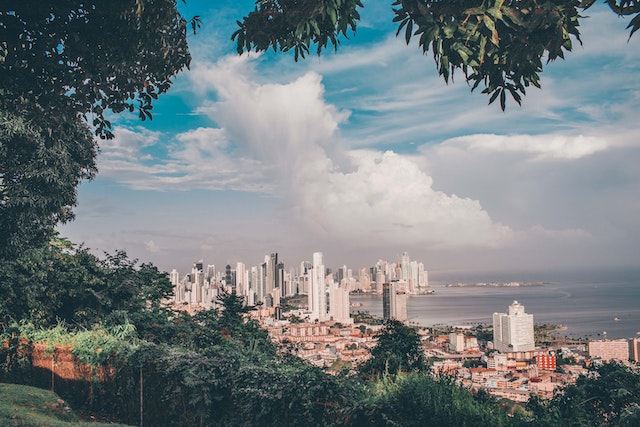The world’s biodiversity is changing rapidly, with species disappearing from the planet at an unprecedented rate, and we’re losing species faster than we can identify them. Protecting biodiversity enriches us with new knowledge, skills, and inspiration–and keeps the world healthy.
1. A Global Network of Protected Areas Has Been Created
The IUCN has created a global network of protected areas called the World Network of Biosphere Reserves. The IUCN began working on this project in 1976 and has continued to expand it through its efforts to preserve biodiversity worldwide.
The network aims to provide information about the value and importance of biological diversity and an effective framework for protecting biodiversity from threats such as climate change, habitat loss, overhunting, and pollution.
2. Biodiversity Loss is Changing The Composition of Ecosystems
Biodiversity loss is changing the composition of ecosystems. This can affect ecosystem function, which in turn affects human well-being.
For example, if you are growing your food and have a garden full of tomatoes that are ripe for picking, but there aren’t any bees around to pollinate them or insects who might eat them before they get ripe enough for eating, then your tomato harvest will be less nutritious than if bees or other insects had pollinated it. This lack of biodiversity impacts humans’ ability to obtain sufficient nutrients from their food sources—in the same way having fewer trees in a forest means that we can’t make as much paper as we would with enough trees!
3. The World’s Losing Species Faster Than We Can Identify Them
To understand net loss, we need to look at the numbers. In 2015, scientists estimated that we have lost up to 50% of all species on Earth since the beginning of human existence. This means that every year we lose about 2 million species (or roughly half a million new species). But how many are out there? We don’t know! It’s impossible to know how many species have ever existed in our world because they go extinct so quickly—and because they do not leave any written records or other evidence of their existence like fossils or DNA samples.
We’ll never find out how many species there were before humans arrived on Earth if we don’t start identifying more specimens today; otherwise, tomorrow might be too late when it comes time for scientists’ attention to shift away from finding new things (like animals) and towards preserving what already exists (like plants).
4. Protecting Biodiversity Enriches Us With New Knowledge, Skills, and Inspiration.
We must protect biodiversity because it’s our only hope for the future. Without it, we risk running out of food and energy sources, losing valuable medicines and other natural resources, and even jeopardizing human life. We have already lost so many species that we have no idea what they could do for us; those things might never be known. The more we lose today, the fewer options there will be left tomorrow when scientists try to find ways to solve problems related to biodiversity net gain that used to be solved by nature itself—and they’ll have less time than ever before to do so if we don’t start taking action now.
There are many ways to protect biodiversity. We can stop the destruction of habitats and prevent invasive species from spreading into new areas. We can promote sustainable development, which means developing land in a way that doesn’t harm the environment.

